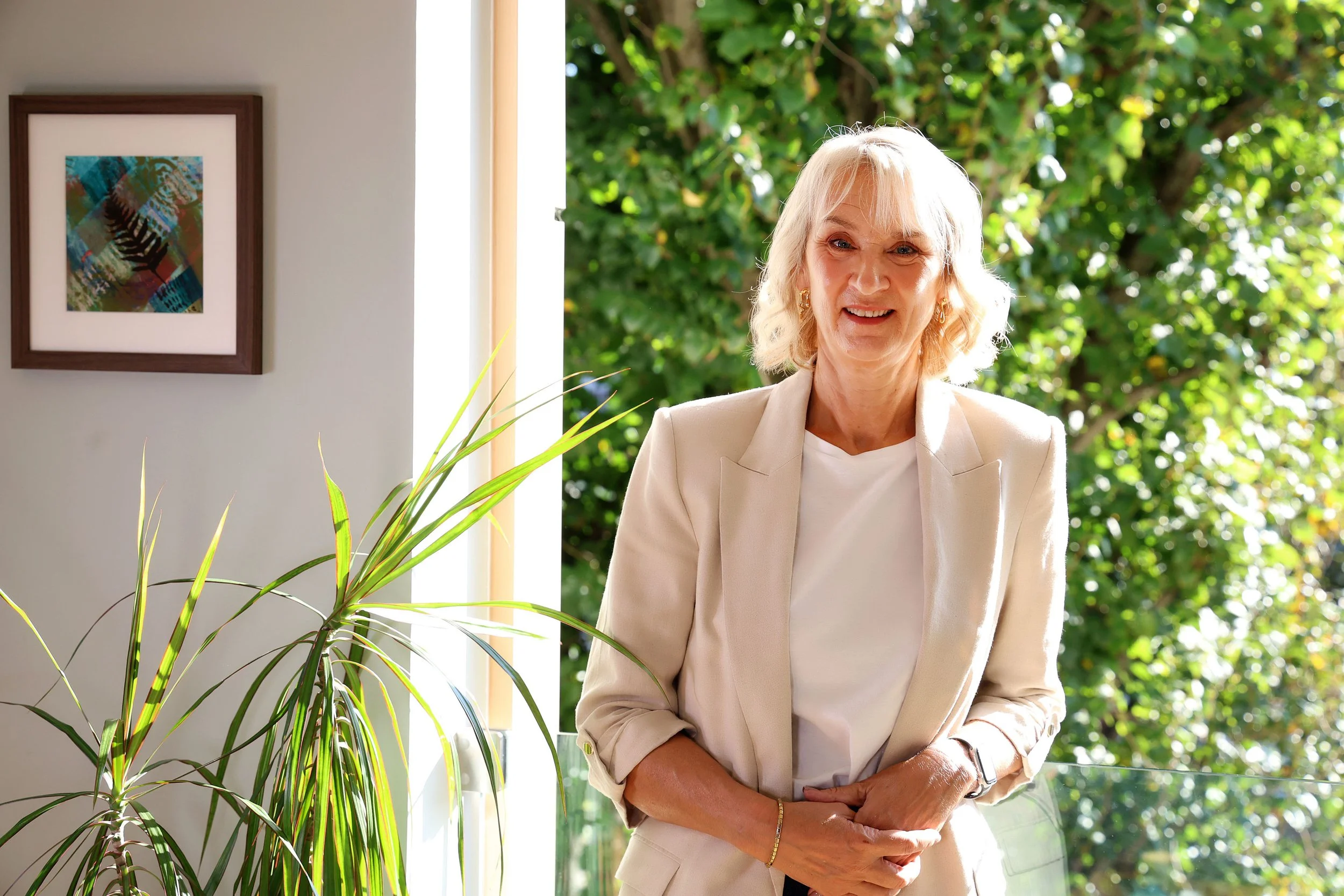How Building a Spiritual Practice Builds Resilience in Leadership
By Lindsay Brown, with insights from Tarot Reader & Coach, Fiona Coffey
Exploring how reflection, intuition, and spiritual awareness can strengthen leadership in modern business.
Introduction
At Concordia Nova, we believe leadership is both strategic and soulful.
Beyond strategy and performance lies the quiet discipline of reflection — where clarity, courage, and calm take root.
In this article, I explore how spiritual practice can deepen resilience in leadership, drawing on insights from Brighton-based coach and Tarot reader Fiona Coffey, whose work helps entrepreneurs and leaders connect with intuition and grounded decision-making.
The Power of Pausing
After decades in HR and leadership roles, I’ve learned that reflection time isn’t a luxury — it’s a necessity. Insight rarely arrives in a meeting room; it comes when we pause long enough to hear our own wisdom.
That’s what led me to explore how spiritual practice builds resilience in leadership and why I sat down with Fiona Coffeyto discuss how intuitive tools like Tarot can strengthen creativity, discernment, and self-awareness at work.
A Card that Changed Everything
Fiona’s journey with Tarot began unexpectedly at a singing workshop, when she drew the Ace of Pentacles just before performing her debut show at the Edinburgh Fringe.
“It was a clean, laser-beam hit through my consciousness,” she said. “That card helped me reframe the experience — not as a final effort, but as the foundation for everything to come.”
That single moment sparked a deeper exploration. Fiona went on to study at the College of Psychic Studies, learning the symbolism and psychology behind the cards. What began as curiosity evolved into a professional practice supporting entrepreneurs and leaders seeking clarity and confidence in their next chapter.
Intuition as an Inner Compass
Intuition is something most leaders already use — often without naming it.
Whether hiring a candidate or choosing a new direction, we call it gut instinct or a sense.
As Fiona puts it:
“Intuition isn’t always right. Sometimes we learn its limits through mistakes. The gift is developing the discernment to pause before we act.”
She describes Tarot as a structured way to pause — a mirror that helps clients see their thoughts and feelings more clearly.
“Organisational life can feel like being served too many main courses without time to digest,” she added. “Spiritual practices give us that time to process before moving forward.”
Tarot for Business Decisions
Fiona’s business clients often bring practical questions — whether to merge or drop a product line, resolve team dynamics, or pursue a creative pivot.
“A card like Death doesn’t predict failure,” she explained. “It signals transformation — the need to release what no longer serves and make space for what’s emerging.”
Tarot becomes a framework for self-inquiry — helping people connect with what they already know deep down while opening the door to new, often surprising insights.
Reflection, Grounding & Non-Attachment
Fiona encourages leaders to weave reflection into their daily rhythm rather than saving it for an annual offsite.
“Spiritual practice lets you helicopter up from the drama — so you can respond rather than react.”
When navigating a frustrating venue dispute, Fiona drew The Sun, The Fool, and King of Pentacles.
“It helped me step back with calm and creative indifference,” she said.
It’s the harmony of being fully committed yet not consumed by outcomes — a quality every leader needs.
Breaking the Myths
Both of us acknowledged that Tarot still carries misconceptions.
“People think it’s flaky or irrational,” Fiona said. “But when respected professionals use spiritual tools openly, it helps normalise reflection as a form of intelligence.”
I’ve seen this myself. Before a high-stakes client meeting, I drew The Chariot — a symbol of focus and forward movement — and found it anchored me in confidence and clarity.
Starting Small
For those curious to explore spiritual practice, Fiona’s advice is simple:
“Start small. Pull a card, journal, go for a walk. Notice what brings joy or calm — that’s your entry point.”
The goal isn’t to predict the future but to reconnect with yourself and find that quiet, reliable voice beneath the noise.
A Closing Reflection
For me, spiritual practice isn’t separate from leadership. It’s what allows me to lead with presence, patience, and perspective — to make decisions that are not just smart but aligned.
Resilience isn’t built in the boardroom.
It’s built in those moments of stillness when we listen inwardly and choose to lead from love, not fear.
With gratitude to Fiona Coffey, Founder of Tea & Tarot Brighton, for sharing her insights.

